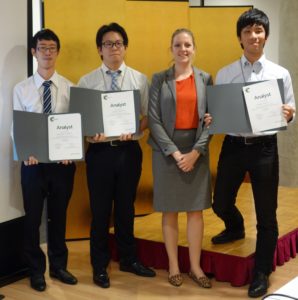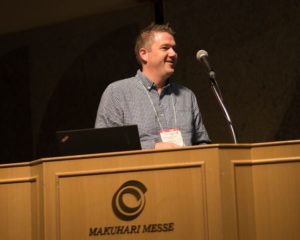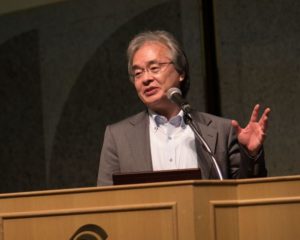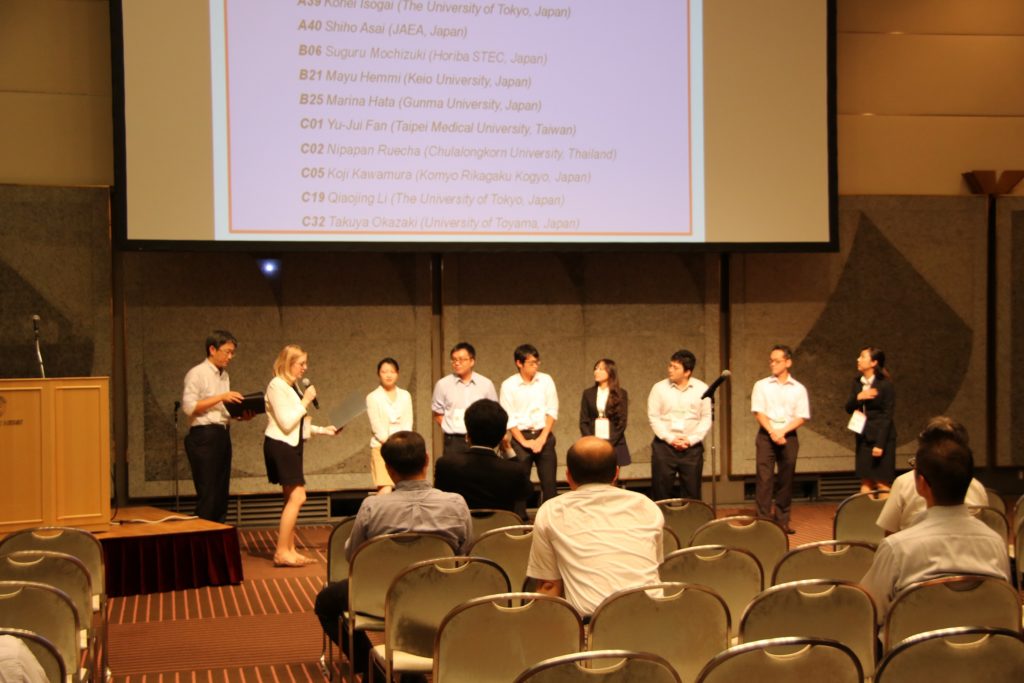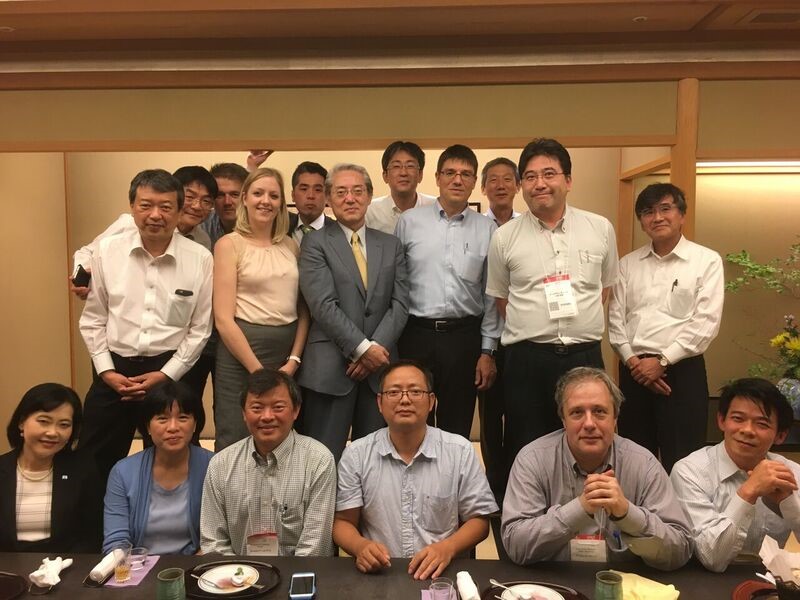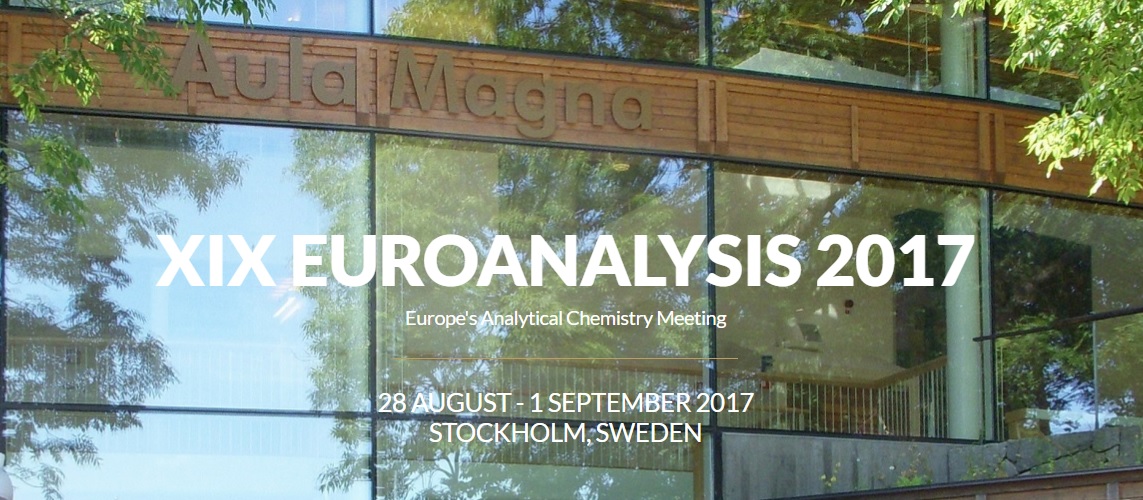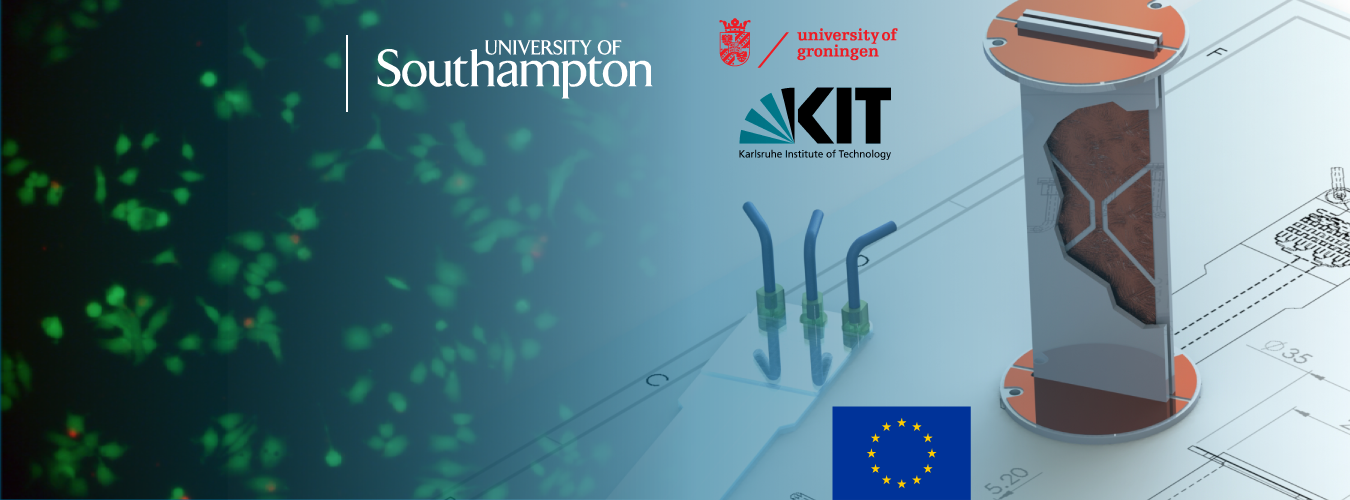The Gordon F. Kirkbright bursary award is a prestigious annual award that assists a promising early career scientist of any nation to attend a recognised scientific meeting or visit a place of learning. (We define early career as being either a student, or an employee in a non-tenured academic post or in industry, within 7 years of award of PhD excluding career breaks).
The fund for this bursary was established in 1985 as a memorial to Professor Gordon Kirkbright in recognition of his contributions to analytical spectroscopy and to science in general. Although the fund is administered by the Association of British Spectroscopists (ABS) Trust, the award is not restricted to spectroscopists, but is open to all involved with or utilising analytical science-based techniques.
Applications are invited for the 2019 Gordon Kirkbright Bursary.
An Application Form can be downloaded from:
http://www.abstrust.org/kirkirkbright-bursary-award-application-form
or for further information visit:
http://www.abstrust.org/, or contact abstrustuk@gmail.com
The closing date for entries is 30 November 2018.













